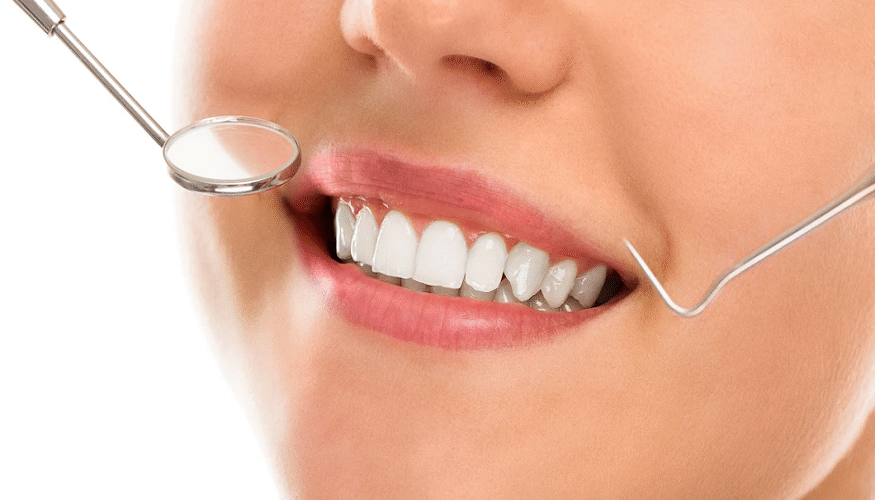We have a fantastic jaw meant for eating, speaking, and smiling without issues. However, difficulties may occur when our jaw is not aligned correctly. This can lead to dental health problems, such as pain and discomfort, chips, and teeth damage.
In this piece, we will also define the symptoms of jaw misalignment, its effects on our oral system, and how the problem can be corrected.
Difficulty chewing
An early indication that a person has jaw problems is when they find it hard to chew food. This can happen because of malocclusion or a mismatch of teeth present in the child’s mouth. If the jaw is incorrectly positioned, the muscles take extra pressure when chewing food.
Headaches
Problems with the jaw joint can also provoke headaches, especially in the temple and behind the eyes. Because the jaw muscles are in a constant state of exercise to realign your bite, the muscles are crisp and tender.
Clicking or popping sounds
If you feel a clicking or popping when opening or closing your mouth, this could be a TMJ. However, this is a pain problem that may occur in the jaw, and it is characterized by pain in the region when eating or talking, among others.
Managing TMJ issues early means that oral health and overall well-being can be enhanced by correctly positioning jaws. As with any dental problem, if you think you may have TMJ or a misaligned jaw, always see a professional for analysis and management. Your teeth and the rest of your body will appreciate your effort and be all the better with this new change.
Tooth wear
As pointed out, misaligned teeth may wear the enamel more than they should. This may cause the teeth to become tender and prone to decay; hence, a dentist is needed for advice on the best toothpaste for sensitive teeth and how to prevent cavities.
TMJ pain: TMJ can also cause pain in the jaw, face, neck, and even SHOULDER AREA OF THE BODY. It also does not allow the patient to talk and chew as is expected in everyday human life.
Sleep disturbances
The teeth grind, as do the jaws when the individual sleeps through the night; therefore, malocclusion disrupts the sleeping patterns. Thus, they can lead to headaches, soreness, and insomnia.
Inability to open the mouth wide
If you have a misaligned jaw, your mouth will not open fully, and it will be harder to eat; plus, you’ll struggle to smile fully.
Problems in our jaws include being misaligned, and if we have the signs of any of these related symptoms, it is advisable to visit a dental professional. If you have this condition, you should see a dentist or orthodontist who will assess and treat it with gingival guards, braces, or surgery.Sometimes, it is possible to wear an appliance as a mouthguardto reduce the manifestation of TMJ disorders. These are worn while sleeping to decrease the forces on the jaw muscles and joints caused by grinding or clenching of teeth.
Other times, orthodontic treatment like smile makeovers and facelifts may also be required to realign the teeth. It can be as regular braces or clear braces (where the teeth are moved into their correct place by gradually biting down), etc. In severe cases, surgery is a possibility to adjust the jaw to a normal position.

